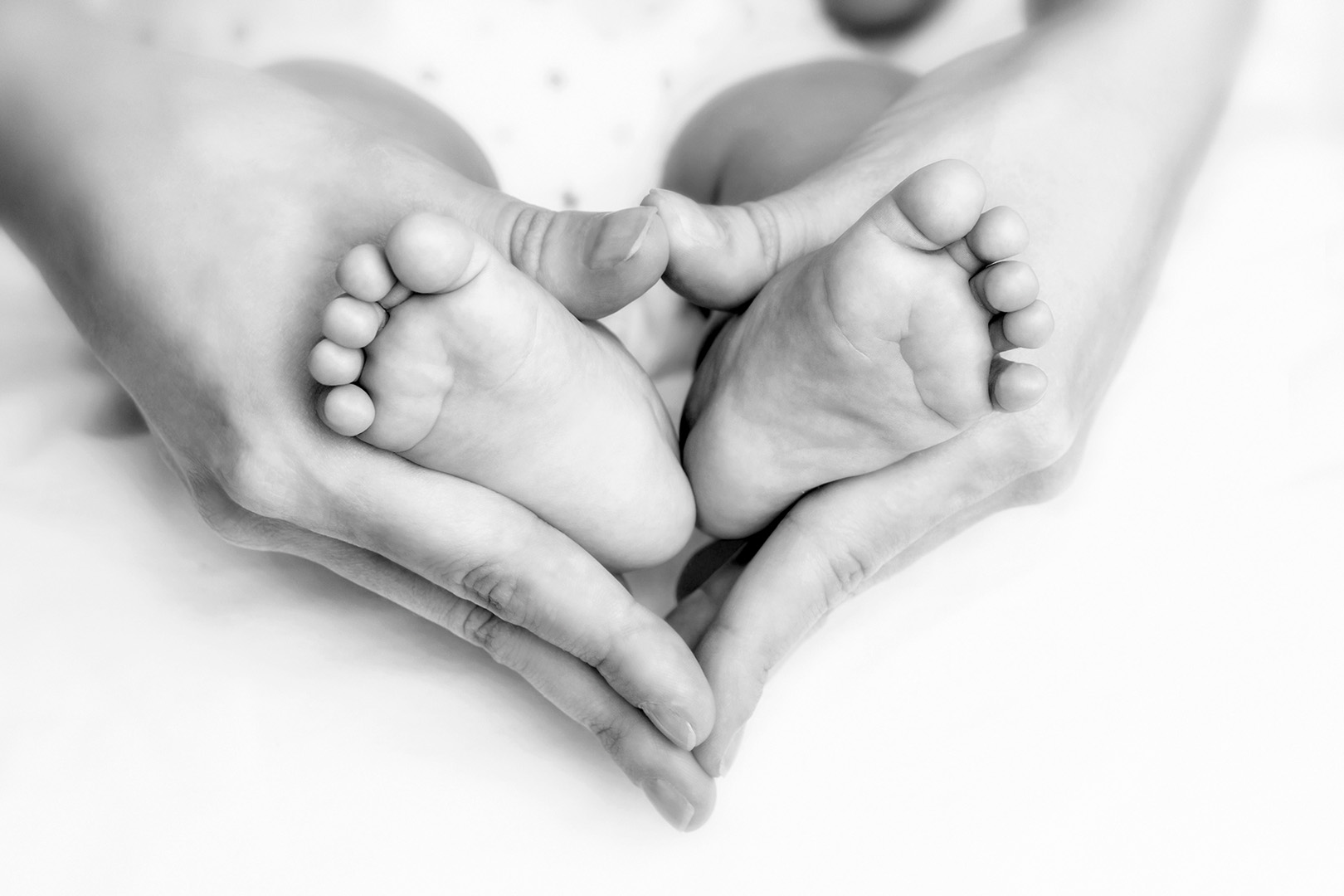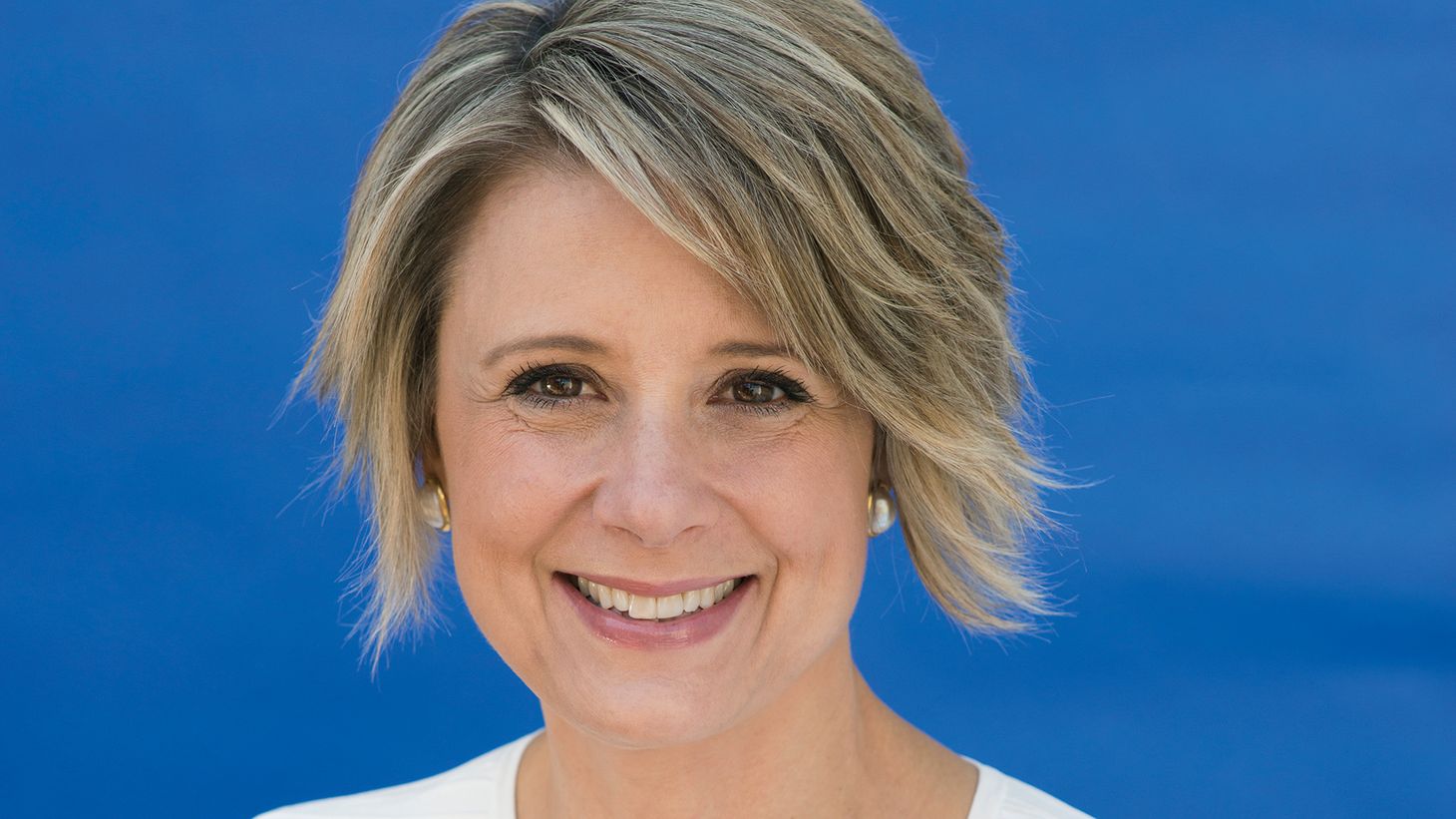The simplest question was often the hardest. It might be while talking with new acquaintances or during the chit-chat that happens at a dinner party. “How many children do you have?” And then I would have to decide: do I have two children or do I have three?
I’d quickly do a mental calculation—not of how many children I have, for that I know. What I would rapidly analyse is whether direct honesty trumps the social awkwardness of explaining that one of my babies is dead.
My daughter Caroline died at birth. She never drew a breath.
Most often I would answer I have two children. I would decide the person asking meant well, was only making polite conversation and that I could—again—wear the silent pang of guilt and pain that my baby was stillborn. What’s the point of making the other person feel sad too?
This strategy had its flaws. Sometimes when I told the person I had two boys, they would ask, “Oh, but didn’t you want a girl?”
More than you can ever know.
Caroline was born 19 years ago. She is my second child. She was born in the middle of my doctoral studies in theology. I was writing my dissertation on how theology could use women’s experiences as a lens through which to interpret God and God’s salvific action in the world.
Watch Kristina talk about her personal stillbirth experience.
Christianity has almost always described God in male terms. God is He or Him. God is a Father. God’s Son became incarnate in the form of a Man, Jesus. Perhaps it is no surprise that God has been understood and described as male. For centuries the people who had access to power, education and property in society, and in the church, were men. The people who interpreted scripture and tradition were overwhelmingly men.
But we know, from the book of Genesis, that both men and women are created in God’s image. We know from Galatians that there is neither male nor female, but rather we are all one in the person of Jesus Christ. My thesis wasn’t arguing that God is not a male, but rather, that there are aspects of God we fail to appreciate if we only look at God through a male lens.
For example, think about what Jesus does. He pours out His blood for us, so we may have new life. Don’t mothers in childbirth do the same thing? He feeds us with His body. Don’t nursing mothers do the same thing? Jesus the Man seems to possess some very female aspects in His Person.
When my daughter Caroline was stillborn I grew very angry with God. Why was my baby not with me? Why did God let this happen to me? Doesn’t a baby need to be with her mother?
After a few weeks of feeling this way I was hit with a powerful realisation: God is like a mother whose child has died.
God’s only Son, Jesus, died. God, who is neither male nor female, can be likened to both father and mother. And for me, the grieving mother of a baby who had died, I suddenly understood even more deeply the love that God must have for the world if, as a mother, God could allow Her own child to die.
This realisation didn’t suddenly make everything okay. My sadness and grief did not disappear overnight. But my anger with God dissipated. It’s not that I had expected God to directly intervene in my pregnancy to make sure that I received a healthy baby. Rather, I came to understand that, in a world where bad things and tragedy happens, God understands my pain and walks with me. In a far more impactful way, I understood that God’s love for me, for all of us, is greater than the power of death. I found comfort in God’s grace and in a mother-like God who entered human existence and understood human life in its fullest dimensions, including its sorrows.
That gave me strength.

The experience of giving birth to Caroline changed me forever. I would rather she had lived, of course. I would rather that I had never known what it is to be the mother of a stillborn baby. But she did not and I cannot change what has happened.
What I do know is that, as a result of Caroline’s birth and death, I am a different person than I would have otherwise been. Caroline taught me to be strong. She made me brave, almost fearless. In society we often think of strength as a male attribute, and again, we often attribute that to God: He is all powerful. But strength can come from women’s experiences, especially of surviving pain and suffering in childbirth. This kind of maternal strength is just as powerful as any male notion of strength, and it is just as evident in God who is also like a mother.
But Caroline changed me in other ways too. I was no longer content to do academic research. I realised how short life can be. I felt a real pull to act, not just to think. I wanted to be more practical and less theoretical. I know and value the role of academic work, but I lost the patience to do it.
When I first ran for public office, about four years after Caroline’s birth, I came to appreciate the gifts my daughter had given me. My first preselection battle was tough, but the slings and arrows of political debate barely left a scratch. Having lived through the birth, death and burial of my baby girl, a few gratuitous barbs hardly bothered me. It’s as if I finally understood that line from the Bible, “Blessed are you when people insult you”, for insults meant very little in light of what I had survived.
Today I am in a fortunate position. My two boys are young men and they are confident, hard-working, community-minded and largely self-sufficient. My political career is now in a second phase at the federal level. I have the opportunity, as a new senator, to work on reducing stillbirth.
In the two decades since Caroline’s birth the stillbirth rate in Australia has remained exactly the same: just over six babies a day, 42 babies a week, 2200 babies a year. For every baby who dies of Sudden Infant Death Syndrome (SIDS), 35 will be stillborn. The rate of SIDS in Australia dropped dramatically—by 85 per cent—as a result of the “Back to Sleep” campaign. The tragedy of stillbirth in Australia is that we have stood still while nations like the Netherlands, Scotland, England and New Zealand have taken steps to dramatically drive down the number of stillbirths and save babies’ lives.
Right now the Senate is holding an inquiry into stillbirth research and education. After several hundred submissions and six days of public hearings, it is obvious that so many parents are ready to break the silence around stillbirth and demand that we, as a nation, need to do better to help parents and babies avoid this tragedy. It is also clear that there are things we know about reducing stillbirth that we are not telling parents—and there are things we could know if we collected data differently and funded research.
As Caroline’s mother I have also decided not to stay silent any longer, even if it means a few moments of awkward conversation. If a person asks, I now tell them I have three children, two boys, aged 18 and 20, and a baby girl who died at birth. Terribly tragic things happen. We mothers can survive and we can grow strong. If I can draw strength from being Caroline’s mother, maybe our society can draw strength from acknowledging babies who have died because of stillbirth. I don’t want to make the person with whom I am speaking feel awkward or sad, but I do want to make as many people as possible aware of stillbirth. Maybe then, as a community, we can finally take the steps we need to in order to save babies’ lives.
Christianity, death and hope
The Bible describes death as a sleep. This means, like sleep, death is temporary. After a person dies, Christians believe the next thing the “sleeper” will be aware of is an awakening—the resurrection—the wonderful hope of Christianity. The resurrection will occur at the time of Jesus’ second coming and loved ones (dead or alive) will be reunited to spend eternity with God in heaven.
For more information, check out these verses in the Bible:
For more information about stillbirth: stillbirthfoundation.org.au
How helpful was this article?
Click on a star to rate it!
0 / 5. 0
Be the first to rate this post!
Kristina Keneally
Related posts
Subscribe
Receive personalised articles from experts and wellness inspiration weekly!

